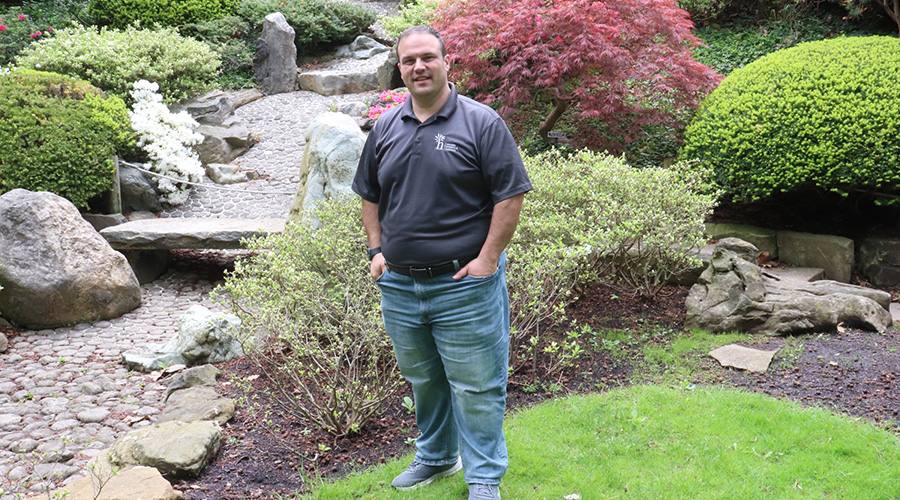Listen Up! How to Improve Occupant Experience
A good starting point is to handle complaints with a healthy dose of empathy.
By Edward Sullivan, Editor
One section of the local newspaper has an advice column on the first page. I can’t resist it. Most of the advice has to do with fixing relationships. So ... if your department’s relationship with building occupants is on the rocks, or even a little rocky, let me offer the usual advice: Listen to the other person.
Like it or not, as a facility manager, you have to deal with occupant perceptions. With the growing emphasis on improving occupant experience, it’s becoming even more important for facility managers to learn how to manage occupant expectations. And I’m not sure it’s possible to do that if occupants think that the facility management department doesn’t listen to them.
This isn’t to say that the facility management staff is always or even usually at fault for the problems in the relationship. There are plenty of times when occupants are just plain wrong. Regardless, your whole team has to buy into the idea of building a solid relationship with occupants.
A good starting point is to handle complaints with a healthy dose of empathy. It’s hard for even the most irritable person to stay mad at someone who is being nice to them. But beyond minding your manners, a complaint is probably a sign that a real problem has occurred.
Dealing with complaints isn’t the only time it’s worth listening to occupants. By soliciting feedback — for example, about the redesign of a workspace — you show occupants you’re interested in their ideas while at the same time likely improving the space and heading off complaints. Technology makes it easier than in the past to get occupant feedback about facility conditions or the need for maintenance.
The good thing about listening is that it tends to become a two-way street. And good communication with occupants is worth its weight in gold for facility managers. Occupants who have a good relationship with the facility department will likely be more understanding when the time comes for a disruptive but necessary project. The same is true if you try to get occupants involved in efforts to reduce unnecessary energy use.
Of course, listening doesn’t mean that the facility management staff has to give occupants everything they ask for. The trick is to get that point across in a way that educates occupants, rather than making them feel put down.
Tell me what you think at myfacilitiesnet.com/edsullivan
Related Topics:












